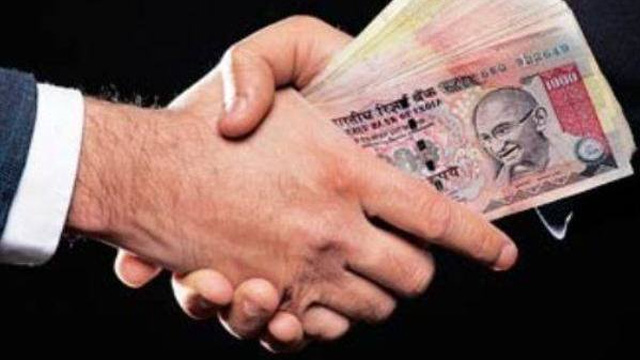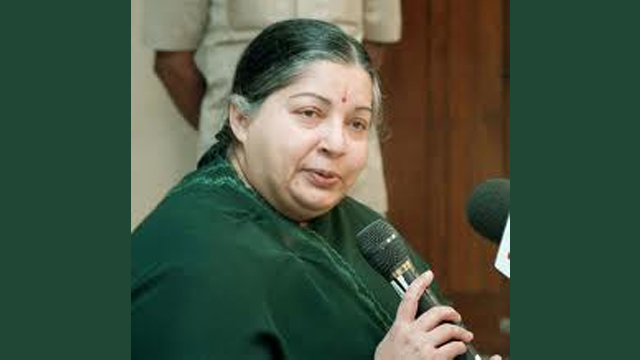Transforming counterproductive features of party funding and election spending laws will make India really the world’s biggest democracy, instead of the world’s biggest duplicity.
Rahul Gandhi’s theatrical condemnation of the ordinance that meant to shield crooked politicians has by now surprised up the system. Crooked politicians will now go to jail, lose their seats and be barred from fighting for a considerable period of time. India’s circle of justice crushes gradually but Lalu Prasad Yadav is just among the first to be grinded well by a system that many ridicule or try to influence.
Many have put down the blame directly on politicians and lamented that criminals are winnable contenders. But some questions to ponder are – how did wrongdoers come to control in the first place? Are there deep-seated errors in our political system that makes it support the tainted? Have civil society’s pincer movements in courts only attacked the warning signs? Can we spot the source of corruption instead?
One elementary fault is our absurdly low limit on election spending. Enacted with the good intent of making elections reachable to people of modest means, India launched very low limits on how much contenders can spend on polls. The Election Commission tries hard to implement these limits, with hugely counterproductive outcomes.
Today, candidates usually begin their legislative careers with a lie, by under-declaring how much they exhausted on their polls. Speaking the truth would lead to ineligibility. Likewise, candidates who can raise white money honestly cannot spend more than Rs. 40-lakh limit in parliamentary wards of larger states. Thus, spotless politicians are paralysed by the system.
Low limits overlook the several justifiable costs linked with campaigning. In the private sector, a promotion campaign aspiring to get to 20 lakh people may cost at least Rs 100 per person. But to get to 20 lakh voters, politicians cannot pay out more than Rs 2 per voter! Feeding volunteers and sending a postcard to each voter would drain out that budget.
Thus, across the board, parties have tried to duplicate by supporting contenders with black money and the arrangement and ability to expend those resources. Such contenders, whose political basics are put together on wrongdoings, usually seize the political system of private profiteering. The rate few get trapped and finally convicted.
We need to come out our profound refutation and make spending limits practical like Rs. 15-20 crore per Lok Sabha candidate or get free of them on the whole. Then, as election costs appear over-ground, spotless candidates who can raise white resources will also be able to contend. Not like today when people want spotless contenders but political parties reject them on the measure of winnability.
As a nation, we also need to make it possible for people to support their favoured candidates candidly. This will let the voter to hold their candidates answerable. Modern political movements are by now indicating that philanthropic Indians, including the middle class, will readily contribute to causes instead of preaching from armchairs.
One way to carry this about is by permitting transparent donations to individual candidates. At present, our laws permit people to donate to parties by cheque (and get their taxable incomes reduced by that sum). Companies too can donate up to 5 percent of their last three years returns. Though, these terms are valid to donations to political parties and not individual candidates. This only leads to centralising the management of party finances and weakening the link between the citizen and candidate.
In a representative democracy, the contender stands for and is accountable to the citizen voters. It is worth remembering that Mahatma Gandhi initiated the ‘char-anna’ membership for the Congress. Through small contributions he made the masses a stakeholder in swaraj. Likewise, we ought to allow individuals to donate small sums and aid free politicians from reliance on tycoons and vested interest.
Today, parties usually route to filing their treasuries by collecting donations and contributions just below Rs. 20,000. These resources could considerably be inexplicable money, including from crooks and criminals. Previously, names of the donors were not required to be revealed. But, the Central Information Commissioner’s fresh decision that political parties fall under the ambit of the Right to Information Act may push parties to show who gave whom how much.
Instead of playing cat and mouse games with political parties, India requires arising and smelling the coffee. Open, fair and efficient democracy costs money. Parties need vast resources to maintain themselves, whether in office or in the opposition. Politics is virtually a full-time job but we anticipate politicians to survive on love and fresh air.
We must learn to donate honestly and hold our representatives answerable. We must discover different state funding methods to persuade political contribution. We should bring every feature of the political process into the open as sunlight is the best decontaminator.
As more sections of society vigorously donate and contribute, the political system will experience a renovation. Then, the much-celebrated NOTA and ‘right to reject’ will become more annotation in history. We will see comprehensive growth, more powerful parties, citizen candidates and optimistic politics.
Parliament can still utilise the approaching winter session to transform counterproductive features of party funding and election spending laws. That will set a righteous cycle in action and make India really the world’s biggest democracy, instead of the world’s biggest duplicity.





